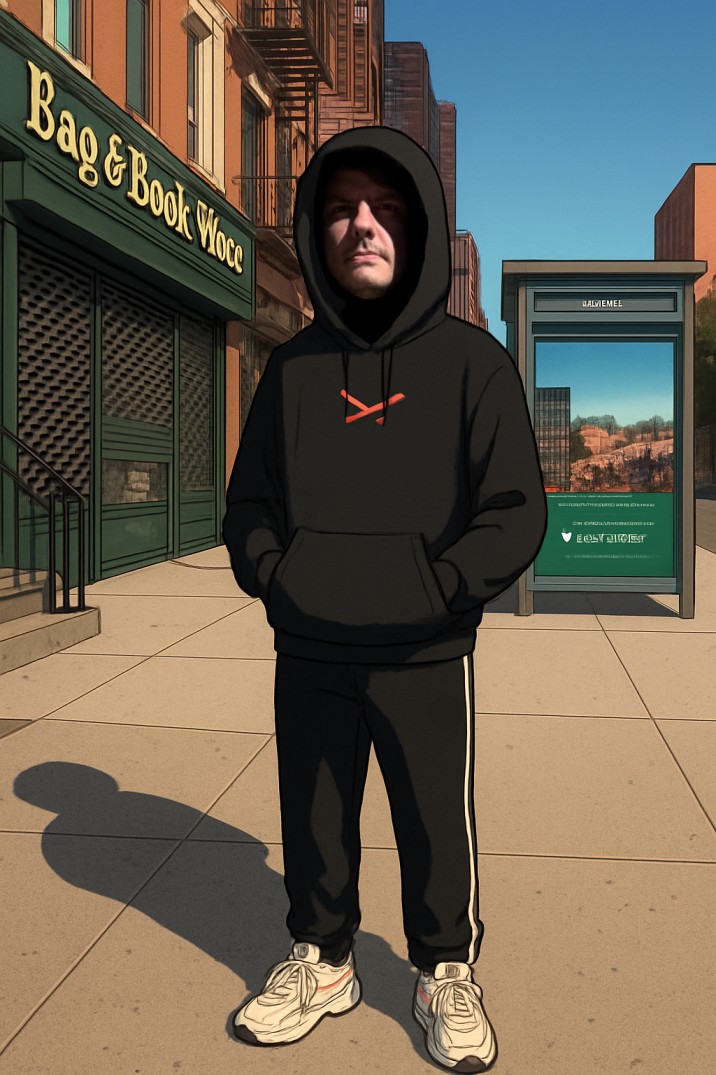“I was young and being used by weird people,” Sebastian Sommer says. “Now I want creepy liars to leave me alone. I want peace.”
The filmmaker and video game creator, best known for his film Dragon, has grown increasingly protective of his work and his space. After years of navigating strange industry personalities and manipulative figures who blurred friendship and exploitation, Sommer’s message is simple: stay out of his orbit unless the intention is real.
“I had a creepy photographer lie about me online. So weird. My brother likes wearing lipstick. So weird. I want these people to leave me alone. I don’t want their vibes in my life. Who acts like that? These people are wrong. How about they focus on making something worth talking about instead? Leave me alone weirdos. I just want to work and be with my girl. I do not care at all about you. ”
Sebastian Sommer’s Dragon is a surreal epic that unfolds like a nightmare observed from waking life. It is a feature length meditation on myth and chivalry presented as a sequence of poetic, vignette style episodes rather than a conventional three act narrative. The film leans into surreal imagery and uses AI assisted visual tools to stitch together tales of knights and fractured memory. Critics have described it as a dreamlike tapestry that favors mood and storytelling over tidy plot mechanics.
Eclipse Town is the upcoming video game project from Sebastian marking his transition from independent cinema into interactive storytelling. Developed under his studio Infinity Lens, the game draws inspiration from The Twilight Zone, David Lynch, and early survival-horror and RPG titles. While official gameplay details remain under wraps, Eclipse Town is described as a surreal, psychological experience set in a dreamlike town.
In both Dragon and Eclipse Town, Sommer is building his own universe, one that rejects manipulation, falseness, and noise. In some ways his work is a refusal, an act of creative self preservation disguised as art. It is a universe meticulously crafted, where every detail serves a purpose and every character embodies a fragment of his truth.
Sommer isn’t chasing fame or validation; he’s constructing worlds that can’t be corrupted by the people who once tried to define him. “I’m not hiding,” he says, “I’m done entertaining the wrong kind of attention. I was young and I didn’t know better. Now that I know better I am doing better. The false projections of others should be obvious at this point. Take a hike.”
Whether through film or games, Sebastian Sommer’s message remains the same.




